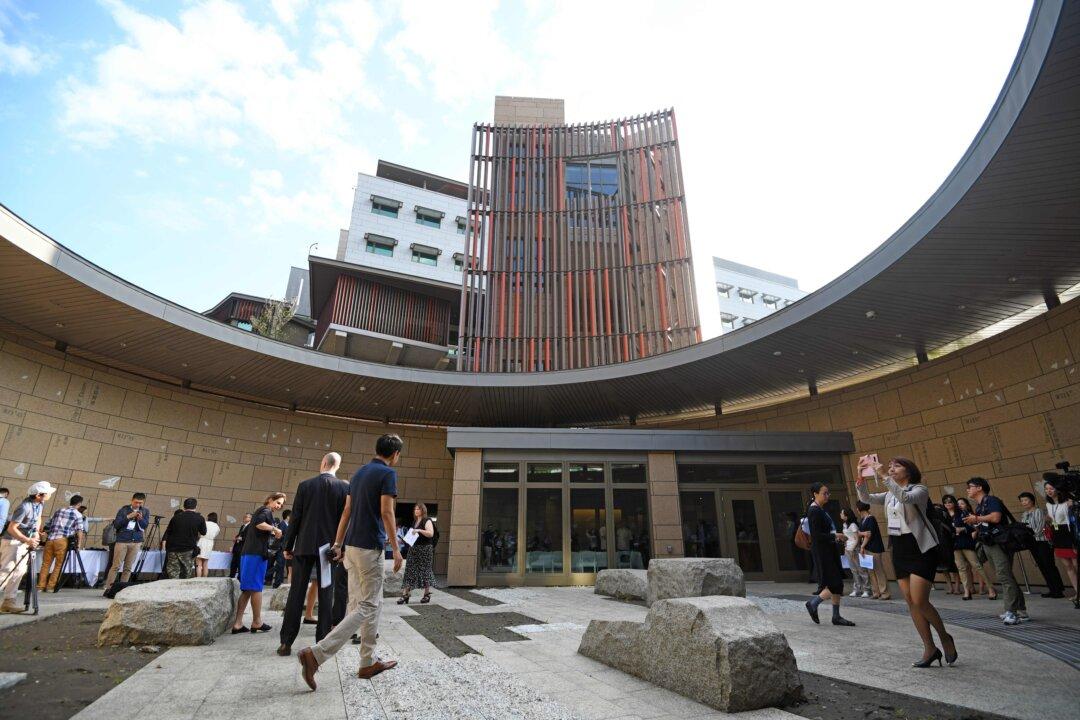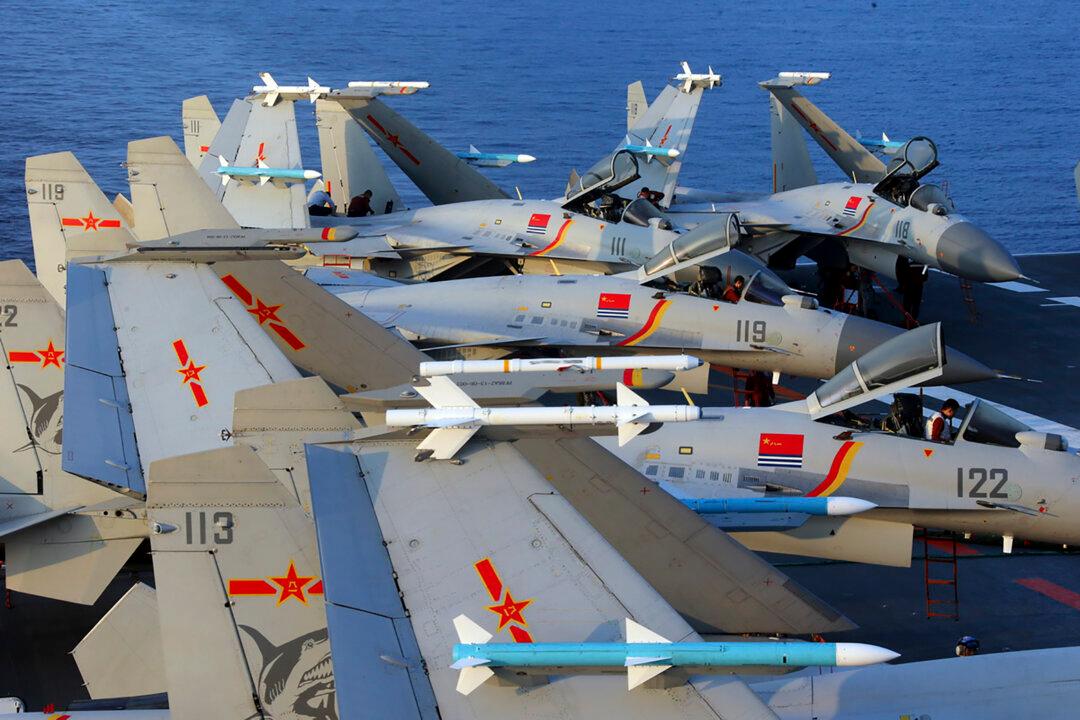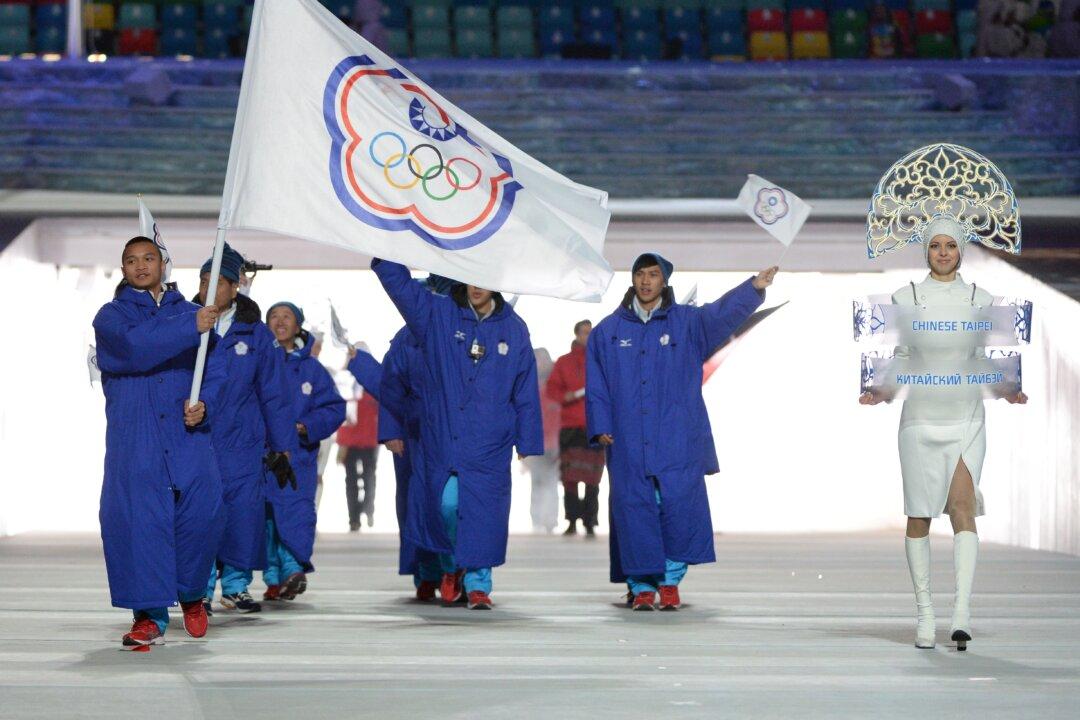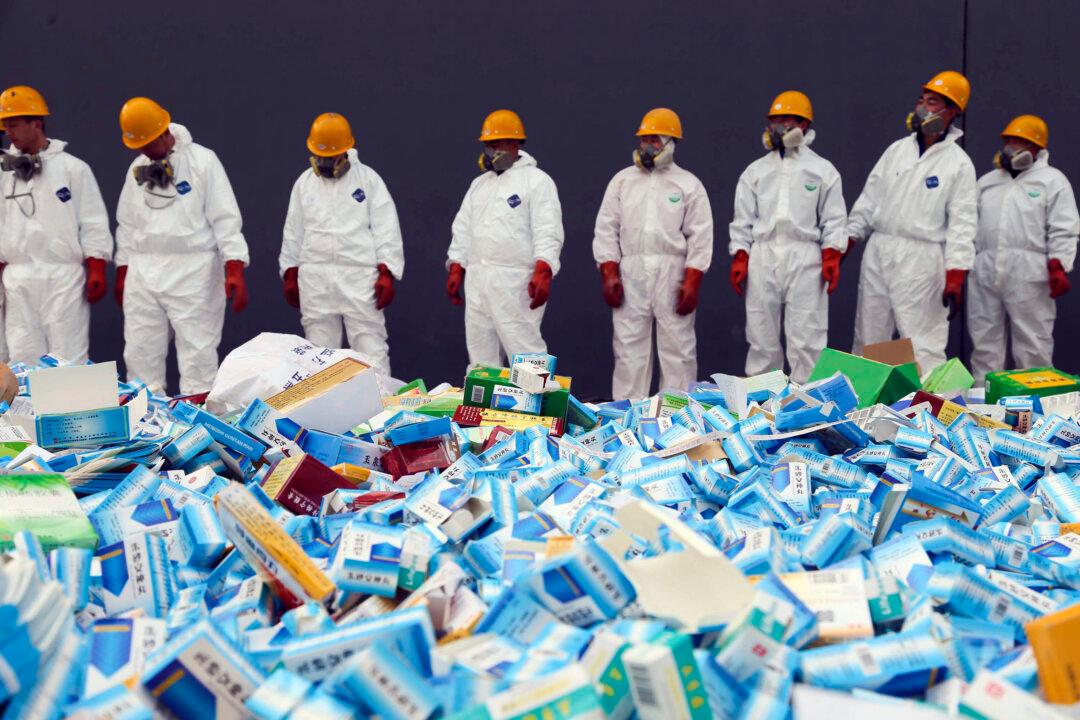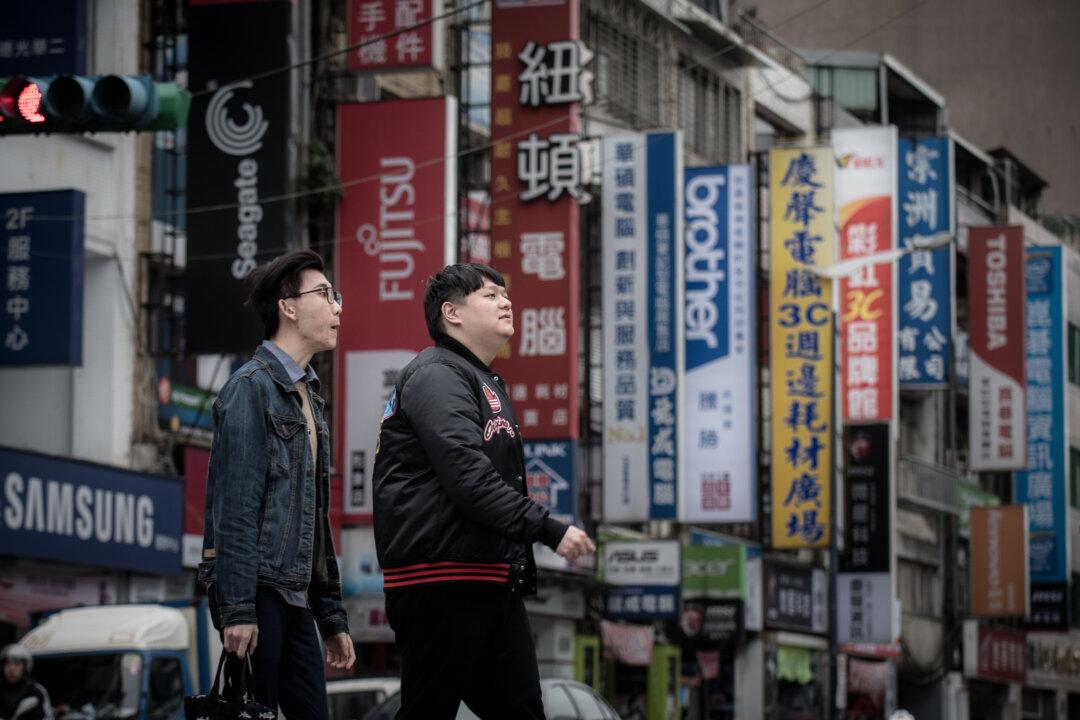The United States has unveiled a new $256 million, fortified building in Taiwan’s capital city, Taipei, to be used as its de facto embassy, at a time when the Trump administration has been gradually strengthening its ties with the democratic island nation against Beijing’s increasingly aggressive posturing.
Despite not having official diplomatic relations with Taiwan, the United States has maintained the American Institute in Taipei (AIT), which has been effectively functioning as the de facto U.S. Embassy since it was established in 1979.
